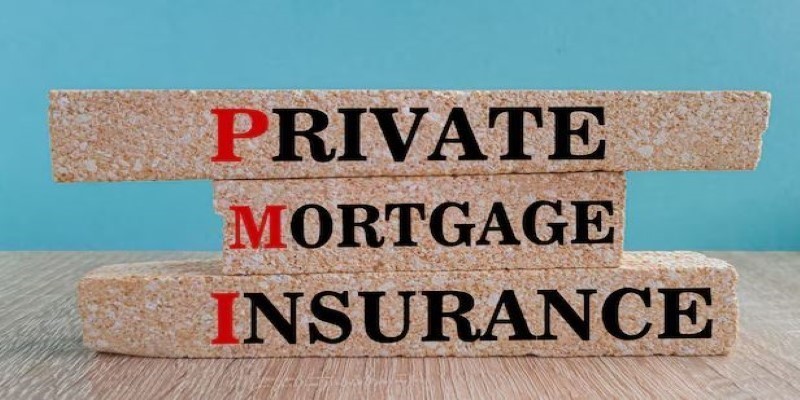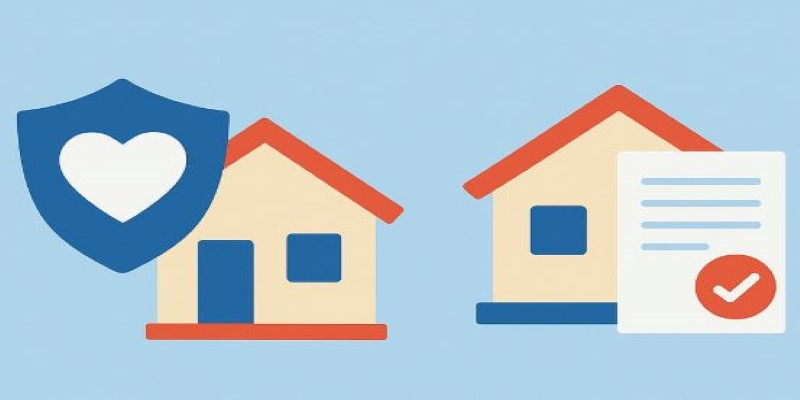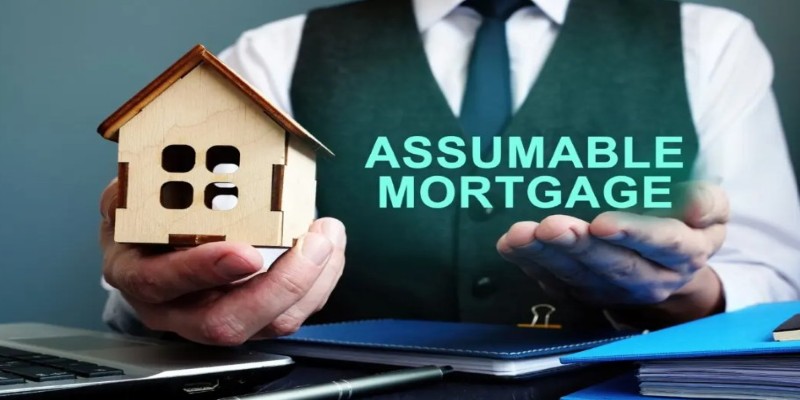Buying a home involves more than just getting a mortgage. Along the way, you'll run into unfamiliar terms—mortgage life insurance and private mortgage insurance. They sound similar but serve completely different roles. One is for your family's protection. The other protects your lender. Knowing the difference isn't just useful—it can save you money, stress, or both.
If you've ever looked at your loan paperwork and wondered what you're paying for, this breakdown will help you understand what each type of insurance does, who it protects, and when it's necessary.
What is Mortgage Life Insurance?
Life insurance is an optional policy that pays off your mortgage if you pass away before the loan is paid in full. The goal is to keep your family from losing the home if something happens to you. Instead of a fixed payout, the coverage amount and your mortgage balance decrease over time. When the policy is triggered, the remaining loan is cleared directly with the lender.
This insurance usually appeals to homeowners who may not qualify for traditional life insurance or want a specific safeguard for their home. It often doesn't require a medical exam, making it more accessible to those with health issues. While the coverage is tied to your loan and typically ends when the mortgage is paid off, it can bring peace of mind. However, the money doesn't go to your spouse or children. It goes to the lender. So, while it helps your family by eliminating the mortgage, they won't receive funds for other expenses.
One downside is cost-effectiveness. Premiums may remain fixed even as the payout value shrinks, and unlike general life insurance, this policy can’t be used for anything beyond the mortgage. If your main concern is broader financial protection for your family, this limited-use structure might fall short.
What is Private Mortgage Insurance?
Private mortgage insurance, or PMI, is not something you choose. It's a requirement when you buy a home with less than 20% down using a conventional loan. It protects the lender in case you default. While paying for it, the benefit goes entirely to your lender if you fail to meet your loan obligations.

PMI is calculated based on your credit score, loan amount, and down payment size. It's typically added to your monthly mortgage payment, though in some cases, it can be paid upfront or split between the two. The higher the loan risk, the higher the PMI premium.
One advantage is that PMI doesn’t have to last forever. Once you reach 20% equity in your home, you can usually request its removal. If your property value rises and you hit that threshold faster, you may be able to cancel it even sooner. But while it’s in place, it adds to your monthly housing costs without offering personal protection.
It's easy to confuse PMI with some kind of safety net, but it has nothing to do with illness, death, or job loss. It's simply a loan condition that reduces the lender's exposure to risk.
Comparing Coverage and Purpose
The most important difference between mortgage life insurance and private mortgage insurance is who the insurance is designed to help. Mortgage life insurance exists to help your family keep the home in case of your death. It clears the remaining balance, removing the burden of mortgage payments during a difficult time.
Conversely, PMI serves as financial protection for the lender—not for you or your loved ones. If you stop paying, PMI reduces the lender's potential losses if the home is foreclosed. There is no payout for the borrower. It doesn’t lower your balance or cover any shortfall you may face.
Another key difference lies in flexibility. Mortgage life insurance is optional. You can buy it based on your needs, and in some cases, it may make sense—especially for people who can’t get traditional life insurance. PMI is mandatory when your loan structure requires it. You don’t get to decide whether you want it, but you can eliminate it over time by building equity in your home.
Control is also different. Life insurance only pays your mortgage and sends the funds directly to your lender. It doesn't offer flexibility in how the money is used. Term life insurance, by contrast, gives your beneficiary full control over how to use the funds, whether for mortgage, education, or other expenses. PMI doesn't involve any benefit transfer—it simply exists to meet lending conditions.
Which One Should You Prioritize?
It’s not about choosing one over the other. You may be required to carry private mortgage insurance if your down payment is low. That’s part of the cost of getting a loan with less money upfront. Mortgage life insurance, however, is completely optional.

If you’re considering mortgage life insurance, look at your financial picture. Do you already have a term life policy that covers more than just the mortgage? If so, an extra policy may not be needed. But if you have health issues or can’t get traditional life coverage, it could offer basic security for your home.
If you’re paying PMI, find ways to reduce or remove it. Make extra payments if possible. Track your home’s value. Once you reach 20% equity, contact your lender to drop the coverage. That can free up monthly cash and lower your long-term costs.
PMI isn't permanent but adds to your expenses while it lasts. Mortgage life insurance has narrow uses, and a standard life policy usually offers more flexibility.
Both types of insurance reflect how layered homeownership can be. It's about ensuring your investment serves you—not just your lender.
Conclusion
Mortgage life insurance protects your family by paying off your home if you pass away. Private mortgage insurance protects the lender if you default. One is optional, and the other is often required. Understanding both helps you make better financial decisions. Only mortgage life insurance supports your loved ones directly, so it’s worth considering if you don’t have other life coverage.












